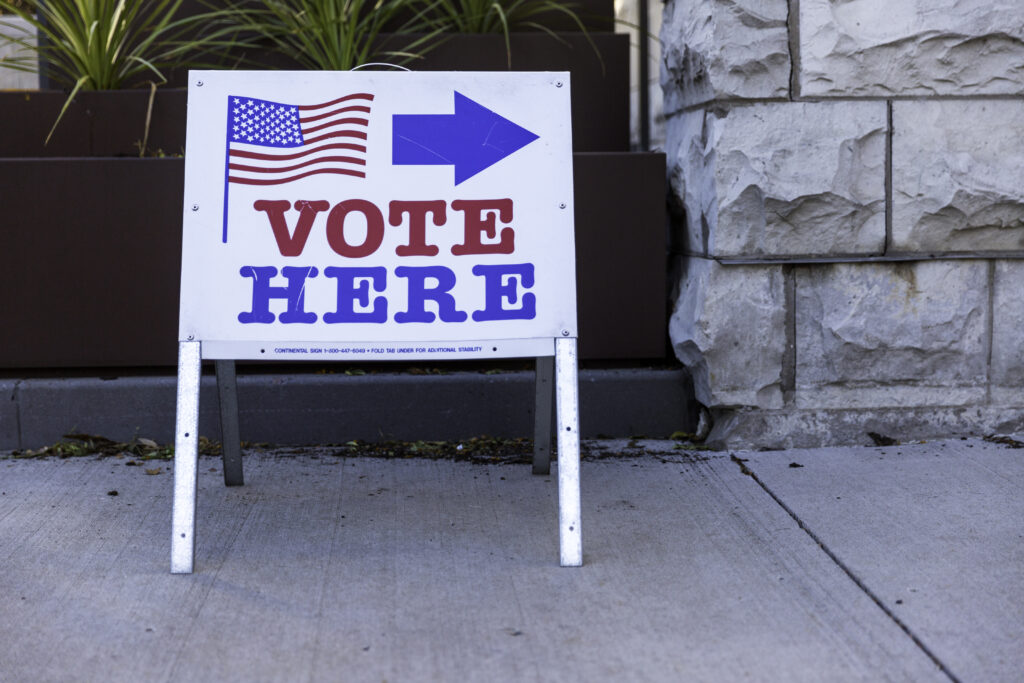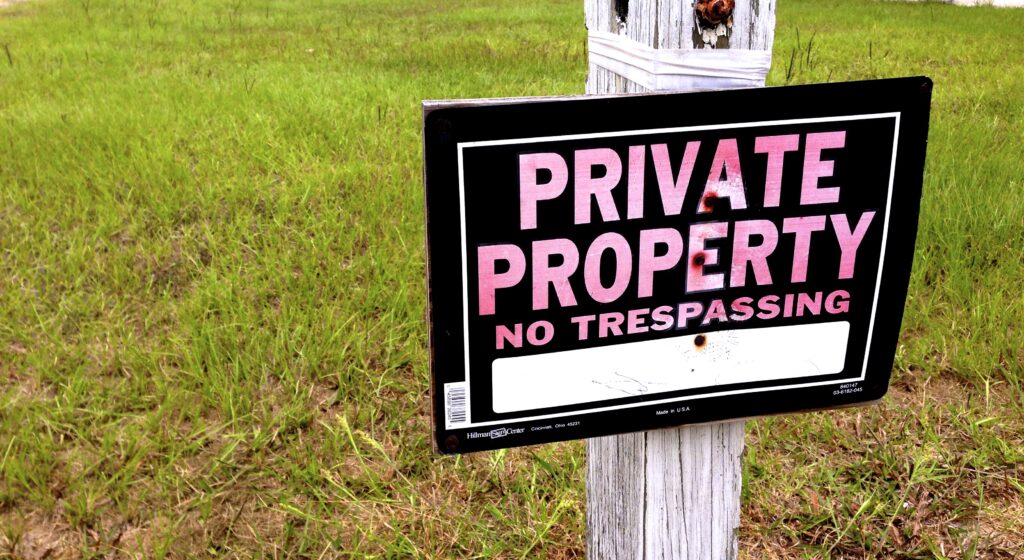Strict licensing standards have become a significant barrier to entry in many fields, but nowhere is the influence of licensing more sharply felt than in the health care industry. In many instances, states control licensing standards, professional discipline, and the various costs associated with the process. These standards are usually championed by existing practitioners to slow or block entry of new competitors.
Supporters of strict state licensing standards argue they assure quality, but critics argue the arduous and often expensive licensing process harms the health care market by hindering entry for new physicians and thereby impeding the competition that lowers costs and improves consumer access to healthcare services. Shirley Svorny of California State University at Northridge and the Cato Institute argued in a 2008 paper that “Licensure not only fails to protect consumers from incompetent physicians, but, by raising barriers to entry, makes health care more expensive and less accessible,” Svorny wrote. Consumers would benefit were states to eliminate professional licensing in medicine and leave education, credentialing, and scope-of-practice decisions entirely to the private sector and the courts.”
There are several paths state legislators and medical boards can choose to lower these regulatory barriers. The first proposal is the creation of an interstate compact that would make it easier for doctors licensed in one state to treat patients in another. Seventeen states have joined the Interstate Medical Licensure Compact, which is an agreement between states that allows physicians in member states to obtain expedited licenses to treat patients located in other member states using telemedicine. Telemedicine refers to situations in which medical professionals treat patients remotely and communicate electronically.
Current state laws require physicians to hold a license from the state in which a patient receives care. These laws also have state-specific regulations and licensing fees, all which discourage physician participation in interstate telemedicine. The compact is designed to overcome some of these barriers by allowing physicians to prove their qualification through their own state medical licensure board; eligible physicians would then then qualify for an expedited license with other member states’ medical boards.
While the compact does streamline the licensing process, it is not the most efficient option for states. Svorny told Health Care News the compact is misleading: “The Interstate Medical Licensure Compact promotional materials are misleading,” Svorny said. “The compact does not allow physicians to practice across states with one license. Under the compact, physicians must still have a license in each of the compact states and practice under the rules and regulations of that state.”
Svorny points out that the compact continues to require duplicative licensing processes among the states.
Instead of a compact, Darcy N. Bryan, Jared Rhoads, and Robert Graboyes argue in the Mercatus Center’s new Healthcare Openness and Access Project for reciprocity laws between states. Reciprocity laws would allow a physician in one state to use his license in another state without needing to reapply. Bryan, Rhoads, and Graboyes believe reciprocity laws are “the easiest and least controversial ways for states to minimize restraints on physicians, yet a substantial number of states do not allow reciprocity.”
Currently, the only states that allow licensure reciprocity for bordering states are Maryland, New York, Virginia, and the District of Columbia. Other states allow a limited, conditional telemedicine license to out-of-state physicians; these include Alabama, Louisiana, Minnesota, Nevada, New Mexico, Ohio, Oregon, Tennessee, and Texas.
Reciprocity would only be allowed if one state agreed to set up the arrangement with another state; they would never be forced to accept physicians who were licensed under standards they found to be less vigorous. Reciprocity would require less regulation and paperwork beyond what is currently done, and it could make telehealth available for thousands of new patients.
Although a complete repeal of medical licensing may not be practical, allowing physicians to treat patients across state lines through reciprocity would be a significant step toward addressing doctor shortages.
The following documents examine medical licensing in greater detail.
Healthcare Openness and Access Project: Mapping the Frontier for the Next Generation of American Health Care
https://heartland.org/publications-resources/publications/healthcare-openness-and-access-project-mapping-the-frontier-for-the-next-generation-of-american-health-care
The Healthcare Openness and Access Project (HOAP) is a collection of state-by-state comparative data on the flexibility and discretion U.S. patients and providers have in managing health care. HOAP combines these data to produce 38 indicators of openness and accessibility. The project provides state-by-state rankings over a number of variables, including occupational licensing.
End State Licensing of Physicians
https://www.cato.org/publications/commentary/end-state-licensing-physicians
Shirley Svorny of the Cato Institute argues in this article for the ending of state licensing for physicians. Svorny says the state licensing system is both costly and unneeded. “The benefits of state licensing are overstated. Licensing authorities verify education and training, but little else. State licenses do not indicate an individual physician’s specialty-specific skills. Specialty certification is the purview of medical specialty boards, which are private,” wrote Svorny.
The Traveling Doctor: Medical Licensure Across State Lines
https://www.americanactionforum.org/insight/the-traveling-doctor-medical-licensure-across-state-lines/
Brittany La Couture of American Action Forum examines the licensing process for doctors in several states and argues for reform. “Though it is important to recognize the right of states to protect the health, safety, and welfare of their citizens, mutual recognition and portability would still largely give states the ability to continue to monitor the care that is provided by physicians licensed in their state while creating incentives for states to build competitive regulatory systems that will attract physicians to those states,” wrote La Couture.
Pennsylvania Expands Telemedicine, Joins Interstate Licensure Compact
https://heartland.org/news-opinion/news/pennsylvania-expands-telemedicine-joins-interstate-licensure-compact?source=policybot
Jordan Finney writes in Health Care News about the Medical Licensure Compact, which allows states to expedite licenses with which doctors could practice telemedicine. Finney speaks with both supporters and critics of the compact.
Medical Licensing: An Obstacle to Affordable, Quality Care
http://heartland.org/policy-documents/medical-licensing-obstacle-affordable-quality-care
Shirley Svorny of the Cato Institute argues licensure not only fails to protect consumers from incompetent physicians, it also makes health care more expensive and less accessible by raising barriers to entry. Only institutional oversight and a complex network of private accrediting and certification organizations, all motivated by the need to protect reputations and avoid legal liability, offer whatever consumer protections exist today.
The Medical Monopoly: Protecting Consumers or Limiting Competition?
http://heartland.org/policy-documents/medical-monopoly-protecting-consumers-or-limiting-competition
Sue A. Blevins of the Cato Institute examines the effect of government health care policies on the health care market. Blevins finds licensure laws appear to limit the supply of health care providers and restrict competition to physicians from non-physician practitioners. The primary result is an increase in physician fees and income, driving up health care costs.
Medical Licensing in the States: Some Room for Agreement – and Reform
http://www.cato.org/blog/medical-licensing-states-some-room-agreement-reform
Charles Hughes of the Cato Institute discusses the growing doctor shortage, how it is likely to increase with the implementation of Obamacare, and the steps some states are taking to address the issue.
A Cure for what Ails Us
http://heartland.org/policy-documents/cure-what-ails-us
Justin Owen, Trey Moore, and Christina Weber of the Beacon Center of Tennessee analyze the current predicament facing Tennessee policymakers in the wake of the Affordable Care Act. The report also offers state-led solutions that would move the nation’s health care system in the proper direction, treating the diseases that weaken the system themselves, rather than merely treating symptoms.
Medical Licensing Impedes Quality, Affordability of Care
http://news.heartland.org/newspaper-article/2008/12/01/medical-licensing-impedes-quality-affordability-care
This article from the Heartlander discusses a report by Shirley Svorny of the Cato Institute that argues medical licensing is ineffective and inefficient. Svorny also says patients would be better served relying on brand recognition when choosing doctors.
Six Reforms to Occupational Licensing Laws to Increase Jobs and Lower Costs
http://heartland.org/sites/default/files/occupational_licensing.pdf
Byron Schlomach of the Goldwater Institute argues reforming licensing could open career opportunities and reduce costs without sacrificing consumer safety. The paper recommends six reforms.
Nothing in this Research & Commentary is intended to influence the passage of legislation, and it does not necessarily represent the views of The Heartland Institute. For further information on this subject, visit Health Care News, The Heartland Institute’s website, and PolicyBot, Heartland’s free online research database.
If you have any questions about this issue or The Heartland Institute’s website, contact John Nothdurft, The Heartland Institute’s government relations director, at [email protected] or 312/377-4000.




